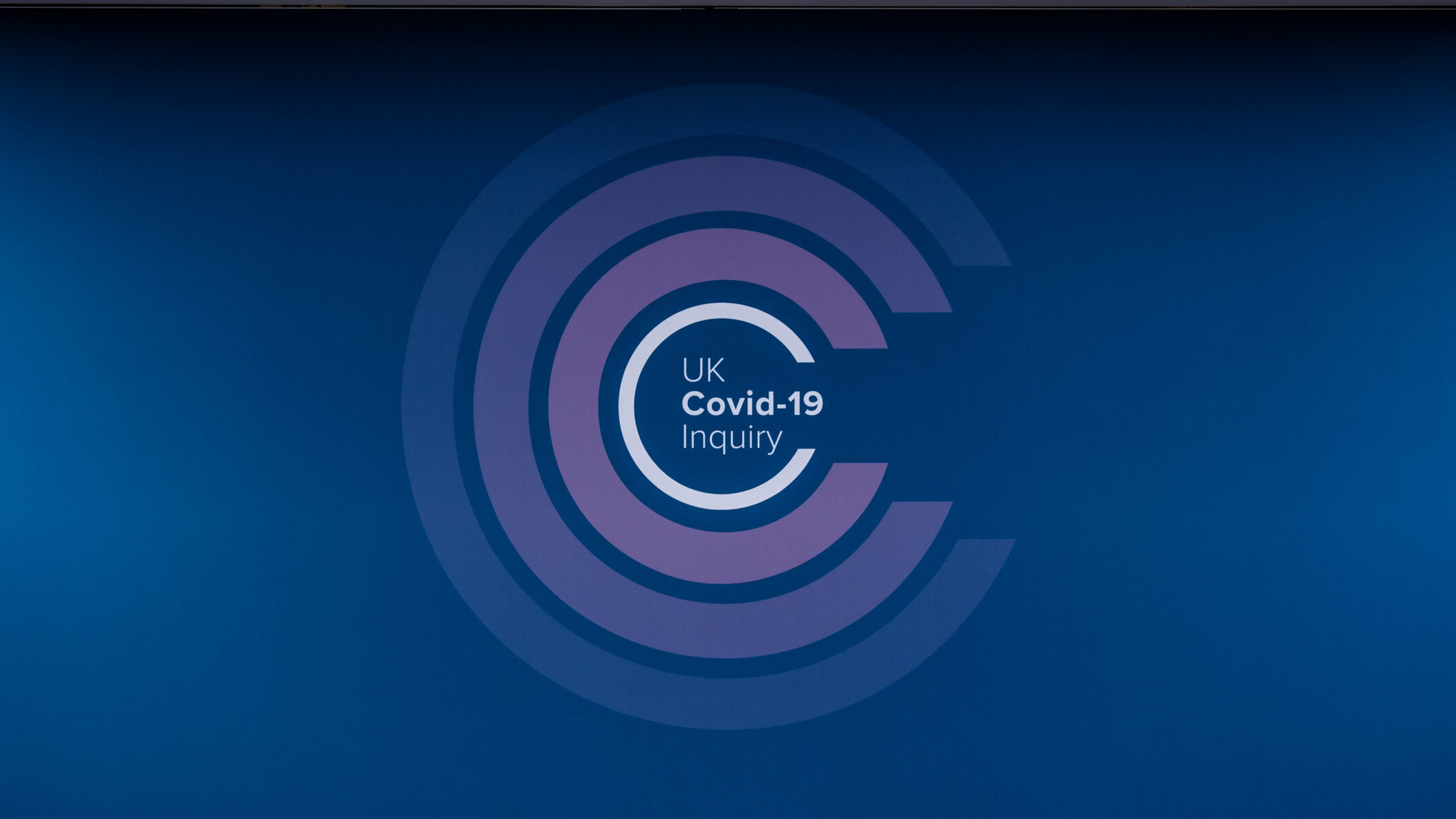Approach
How will the Inquiry keep the public updated?
The Inquiry will publish updates on its work, including future modules and hearings dates, to its website and social media channels.
How will the Inquiry learn about the impacts of the pandemic?
The Inquiry will be commissioning its own research into the impacts of the pandemic and will also be seeking experts who will produce reports for consideration in the Inquiry’s hearings.
Structure of the Inquiry
How will devolution impact the Inquiry?
The UK Covid-19 Inquiry will look at the handling of the pandemic in England, Wales, Scotland and Northern Ireland, and this includes reserved and devolved matters.
A separate Inquiry is taking place in Scotland, which will evaluate areas where policy is devolved to the Scottish Government, as set out in its own Terms of Reference. The UK Inquiry will work with the Scottish Inquiry to avoid duplication of evidence and findings where possible.
What is a module?
The Inquiry will be splitting its investigations into sections, or modules, which have different subject topics. This will ensure that the Inquiry’s investigations have sufficient breadth and depth.
Where can I find all of the announced modules?
The Inquiry has already announced a number of modules, with announcements for further modules being made available throughout the year, on our website and social media channels. Each module will investigate issues across the UK, including in the devolved administrations of Scotland, Wales and Northern Ireland.
Further information on the Inquiry’s current active and announced investigations can be found on this page about the structure of the Inquiry.
Hearings
When did the hearings begin?
The Inquiry held its first preliminary hearing for Module 1, on 4 October 2022, since then many preliminary and evidential public hearings have taken place and are currently ongoing.
Both preliminary and public hearings will continue to be held until the conclusion of the inquiry. Precise dates and times for upcoming hearings and preliminary hearings can be found on the Inquiry’s hearings page.
What is the difference between preliminary and public hearings?
A preliminary hearing is a procedural hearing at which decisions about the procedure for the conduct of public hearings will be made. At public hearings the Inquiry will formally hear evidence, including from witnesses under oath.
How can the public watch hearings?
A livestream of all hearings will be available to the public on a three minute delay via the Inquiry’s YouTube channel, and uploaded to the inquiry website each day after the hearings have concluded. The Inquiry will also publish a transcript of the hearing each day.
Some preliminary hearings will be online only, while others will be available to attend in person, find out more by exploring our hearings.
Where will the hearings be held?
Hearings will mostly take place in the Covid-19 hearing centre at Dorland House, Paddington, W2.
Participating
Can I submit evidence to the Inquiry?
The Inquiry has been formally established under the Inquiries Act (2005), and is now in the process of gathering evidence. The Inquiry will make contact with those that it requires to provide evidence.
The Inquiry’s listening exercise, Every Story Matters, closed on Friday 23 May 2025.
What is Every Story Matters?
Every Story Matters is the title for the process the Inquiry has set up to provide an opportunity for people to tell us about their experiences of the pandemic without the formality of giving evidence or attending a public hearing. These experiences will be collated, analysed and fed into the legal hearings via a summary report.
Core Participants
What is a Core Participant?
A Core Participant is a person, institution or organisation that has a specific interest in the work of the Inquiry, and has a formal role defined by legislation. Core Participants have special rights in the Inquiry process. These include receiving documentation, being represented and making legal submissions, suggesting questions and receiving advance notice of the Inquiry’s report. You do not need to be a Core Participant to provide evidence to the Inquiry.
Can I be a Core Participant?
The Inquiry will open different modules for individuals to apply to be Core Participants throughout its lifetime. More information on how to apply to be a Core Participant can be found in the Core Participant Protocol.
